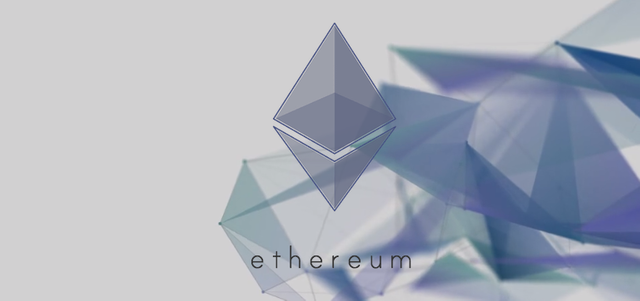
Vitalik Buterin is the man behind Ethereum. He was 19 when he thought of building the cryptocurrency in 2013. Today, Ethereum is the second biggest cryptocurrency by market cap, just behind Bitcoin. It is a decentralized smart-contract blockchain and platform, which applications can be built on. Vitalik likens Ethereum to a smartphone operating system (iOS, Android) wherein you can have apps written in any chosen programming language. Anyone can develop apps on it and anyone can run the apps.
Ethereum is often compared to Bitcoin, individuals without much knowledge on blockchain technology may wonder what's the big deal with Ethereum. One huge difference is that Ethereum features smart-contracts on multiple layers while Bitcoin only features it on a single layer. A smart-contracts enables Ethereum to program transactions allowing automated transaction. Ethereum is not only a payment system, it is also a system in which you can program and automate your money to save, invest, and purchase goods and services simultaneously.
So what is the Metropolis hard fork on Ethereum all about? The first step for the Metropolis update (Byzantium hard fork) will take place mid-October. The Metropolis hard fork will include some long-discussed features. Updates will include improved security measures on the blockchain, simpler smart-contract programming for developers, better privacy measures for transactions through the use of zk-SNARK which Zcash first utilized, and a shift from a proof-of-work system (PoW) to a proof-of-stake system (PoS). These updates will be pivotal in taking Ethereum to mainstream usage.
One of the most important updates has to be the updates on security measures. The reason why there is a need of an update on security, given that the blockchain is significantly secure as of now, is that there is the future threat of quantum computing hacks. Quantum computing is an emerging technology and this demands a lot of work in the coming years from Ethereum to come up with security measures against a fairly new technology that is still in development.
Ethereum's shift from PoW to PoS is something to be excited about. As soon as Ethereum shifts to PoS, you will not be able to mine Ether. Instead, the Ether you hold will generate more Ether at a certain rate per Ether exactly like NEO's PoS system, in which you generate a certain amount of GAS for each NEO you hold. However, a downside to PoS is that it centralizes the economy.
If you’re looking for a great mining hardware to mine cryptocurrencies with, check this miner out. You can also start mining the above mentioned cryptocurrencies by downloading Minergate. You can purchase Bitcoin, Ether at HitBTC. NEO and GAS can be purchased at Binance.
Please note that I am not a financial expert. I am simply sharing my opinions on the topic. Do not take my words as financial advice. Always do your own research.
Good summary. Correction though: Bitcoin does do smart contracts but in a single layer (that is changing as well which means ETH will need to step it up or BTC will catch up to it). Also, you should probably clarify that PoS centralises the economy (not a good thing overall).
Downvoting a post can decrease pending rewards and make it less visible. Common reasons:
Submit
Thanks for the info. I'll make some changes.
Downvoting a post can decrease pending rewards and make it less visible. Common reasons:
Submit
good post etherium its the futur
Downvoting a post can decrease pending rewards and make it less visible. Common reasons:
Submit